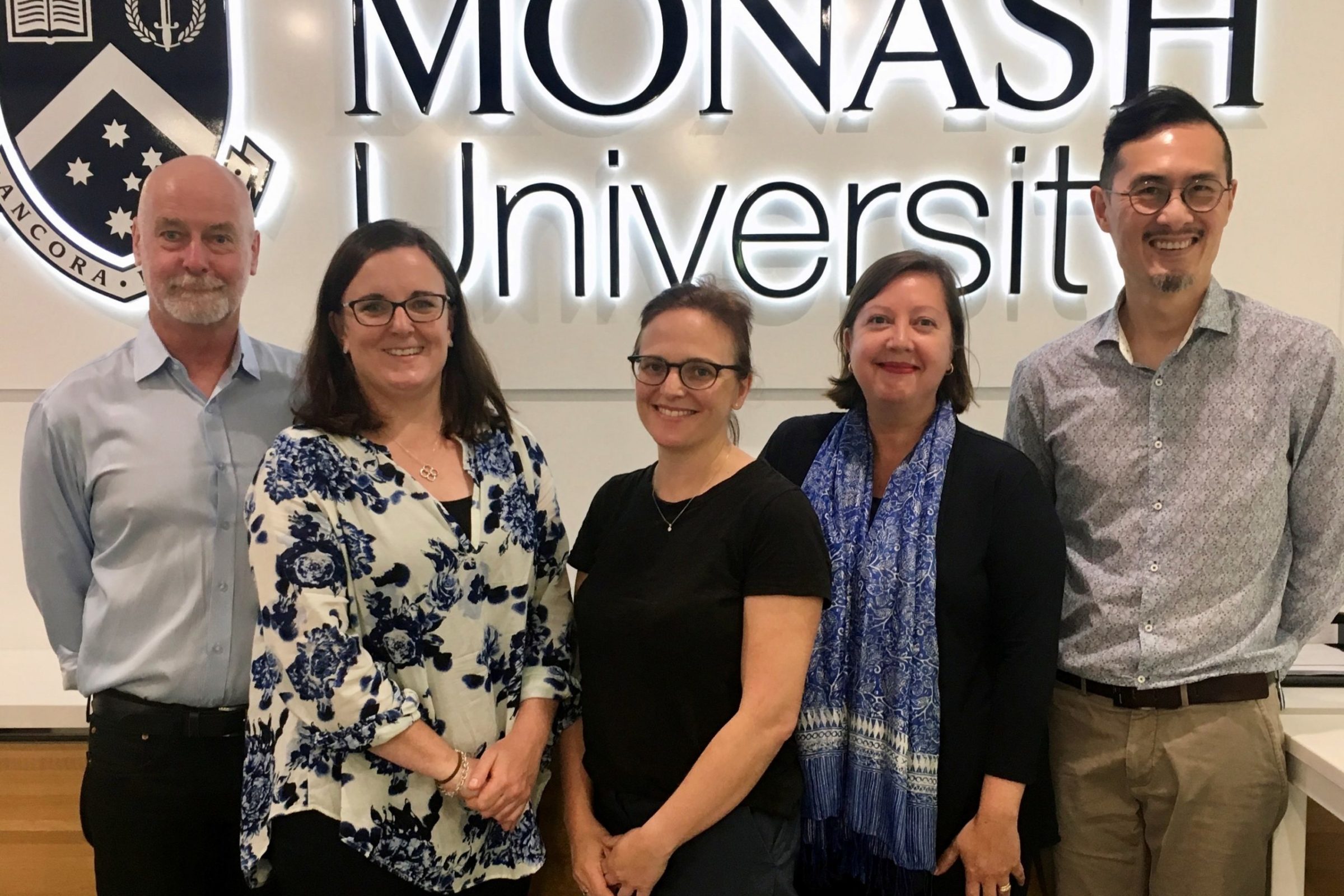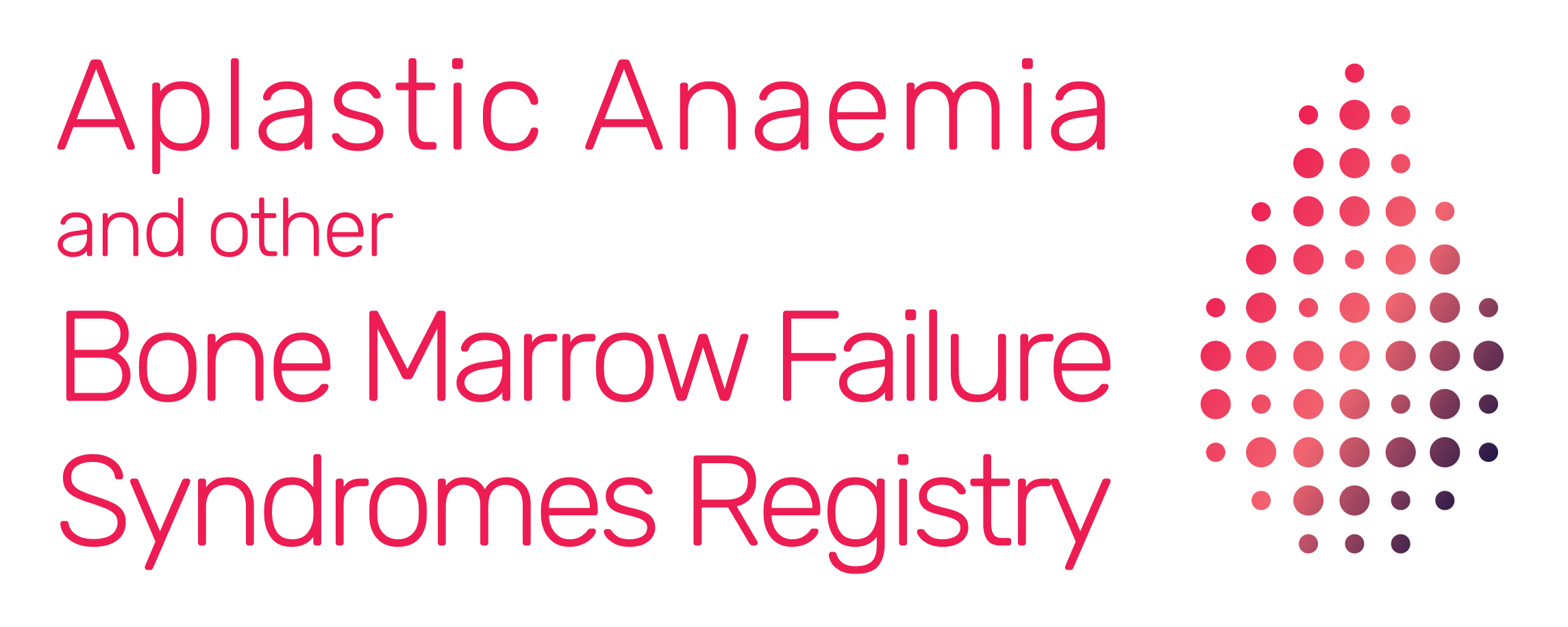
DIAAMOND
Diagnosis of aplastic anaemia, management and outcomes, utilising a national dataset
The current standard of care for aplastic anaemia (AA) depends on the severity of the disease, patient age, and the availability of a suitable bone marrow donor. Therapies for AA are immunosuppressive therapy (IST) and bone marrow transplantation (BMT).
Many patients will not respond to the IST treatment or will have only a moderate response, or relapse, and remain at risk of life-threatening complications of AA, such as infections and haemorrhage. These patients will require ongoing supportive treatments such as antibiotics, red blood cell and platelet transfusions, to combat these complications.
The DIAAMOND trial is being conducted to find out if giving a drug called avatrombopag increases the rate of production of platelets, red blood cells and white blood cells and reduces the need for blood transfusions and supportive care, including hospital admissions. This trial is split into two parts depending on whether the patient has received treatment for aplastic anaemia – DIAAMOND-FIRST for patients who have never received treatment, and DIAAMOND-NEXT for those who have relapsed or refractory aplastic anaemia.
This trial is listed on the Australian New Zealand Clinical Trials Registry. For further information on the DIAAMOND trial, follow the links below:
Inclusion and Exclusion Criteria
DIAAMOND-FIRST
This cohort is for patients who are treatment naive.
Key inclusion criteria
1. Severe or very severe aplastic anaemia characterised by bone marrow cellularity <30% (excluding lymphocytes) and at least two of the following:
a. Absolute neutrophil count <0.5 x10^9/L
b. Platelet count <20 x 10^9/L
c. Absolute reticulocyte count <60 x 10^9/L
2. No prior ATG-based immunosuppressive therapy
3. Age >18 years
4. Negative pregnancy test for women of child bearing potential
Key exclusion criteria
- Planned for a sibling allogeneic stem cell transplant
- Evidence of a myelodysplastic syndrome, defined according to the World Health Organization 2017 criteria. Patients with AA with cytogenetic abnormalities that are recurrent in MDS, who do not meet the WHO diagnostic criteria for MDS, are also excluded. Patients with del(20q), +8 and –Y are not included in this category and are therefore eligible for this trial.
- Known diagnosis or clinical suspicion of inherited bone marrow failure syndrome (IBMFS), including but not limited to Fanconi Anaemia, Dyskeratosis Congenita, Shwachman-Diamond Syndrome and Diamond-Blackfan Anaemia
- Previous history of stem cell transplantation
- Cancer diagnosis within the last 5 years (except for patients with resected basal cell carcinoma or squamous cell carcinoma of the skin)
- Previous history of melanoma
- Pregnant or breast feeding patients2,3
- Active CMV disease
- Participants with known hypersensitivity to any of the component medications (avatrombopag, cyclosporine, horse or rabbit ATG)
- Concurrent hepatic, renal or cardiac disease of such severity that it would in the investigator’s opinion, preclude the patient’s ability to tolerate protocol therapy
- Death anticipated within 14 days
DIAAMOND-NEXT
This cohort is for patients who have relapsed or refractory aplastic anaemia.
Key inclusion criteria
1. Refractory severe aplastic anaemia with an incomplete response following at least one course of horse or rabbit ATG given greater than 6 months ago. Incomplete response defined as any one of the following:
• absolute neutrophil count <0.5 x10^9/L
• platelet count <20 x 10^9/L
• absolute reticulocyte count <60 x 10^9/L or ongoing requirement for red cell transfusion support (if not due to independent medical condition)
OR
Relapsed severe aplastic anaemia, defined as the occurrence of any of the following, after a haematological response to a prior course of horse or rabbit ATG given greater than 6 months ago:
• meeting again the criteria for SAA
• requirement for transfusion support (if not due to independent medical conditions)
• decrease in any of the peripheral blood counts as follows
• absolute neutrophils < 0.5 x 10^9/L
• platelets <20 x 10^9/L
2. Age >18
3. Negative pregnancy test for women of child bearing potential
Key exclusion criteria
- Evidence of a myelodysplastic syndrome, defined according to the World Health Organization 2017 criteria. Patients with AA with cytogenetic abnormalities, which are recurrent in MDS, who do not meet the WHO diagnostic criteria for MDS, are also excluded. Patients with del (20q), +8 and –Y are not included in this category and are therefore eligible for this trial.
- Known diagnosis or clinical suspicion of inherited bone marrow failure syndrome (IBMFS), including but not limited to Fanconi Anaemia, Dyskeratosis Congenita, Shwachman-Diamond Syndrome and Diamond-Blackfan Anaemia
- Cancer diagnosis within the last 5 years (except for patients with resected basal cell carcinoma or squamous cell carcinoma of the skin)
- Previous history of melanoma
- Pregnant or breast feeding patients
- Participants with known hypersensitivity to avatrombopag
- Severe renal impairment (defined as creatinine clearance ≤30m/min)
- Treatment with horse or rabbit ATG within 6 months of trial entry. Concurrent treatment with Cyclosporine A is permitted.
- Death anticipated within 14 days
Participating sites
New South Wales
Concord Hospital
Concord, 2139
(02) 9767 5000
Westmead Hospital
Westmead, 2145
(02) 8890 5555
Royal North Shore Hospital
St Leonards, 2065
(02) 9926 7111
Queensland
Princess Alexandra Hospital
Woolloongabba, 4102
(07) 3176 2111
South Australia
Royal Adelaide Hospital
Adelaide, 5000
(08) 7074 0000
Victoria
Alfred Health
Melbourne, 3004
(03) 9076 2000
Box Hill Hospital
Box Hill, 3128
(03) 9091 8827
Monash Medical Centre
Clayton, 3168
(03) 8572 2400
St Vincent’s Hospital, Melbourne
Fitzroy, 3065
(03) 9231 3182
PMAC/Royal Melbourne Hospital
Melbourne, 3000
(03) 8559 5000
Western Australia
Fiona Stanley Hospital
Murdoch, 6150
(08) 6152 2222
Tasmania
Royal Hobart Hospital
Hobart, 7000
(03) 61668120
Monash University Trial Team
Clinical Trial Manager
Dr Lauren Young
Email: sphpm.diaamond@monash.edu
Phone: 1800 811 326 or 03 9903 0115
DIAAMOND Chief Investigators
Prof Erica Wood
A/Prof Zoe McQuilten
A/Prof Stephen Ting
Other Project Team Members
Mr Neil Waters – TRU Deputy Director – Operations
Ms Jennifer Griffiths – Clinical Trial Project Manager

Monash University Trial Team: (L-R) Mr Neil Waters, Ms Vanessa Fox,
A/Prof Zoe McQuilten, Prof Erica Wood, A/Prof Stephen Ting
